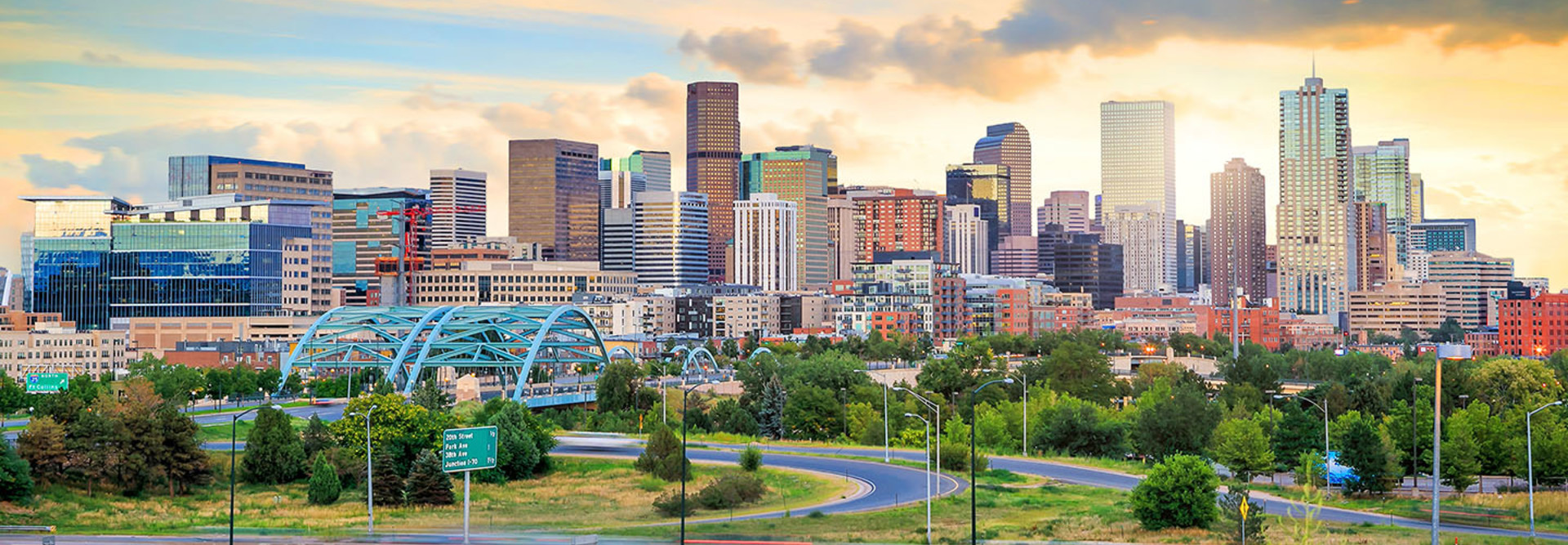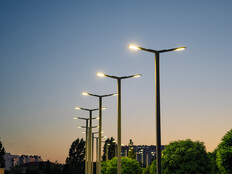Smart City Efforts Large and Small Take Shape in Denver
Nestled inside a building on the outskirts of Denver, Panasonic has a little idea that may already be having big consequences: a mini smart city.
While Google and (possibly) Microsoft are going all-in and constructing huge smart-city projects from the ground up in Toronto and Arizona, respectively, the test city, known as the Smart City Innovation Showcase, seeks to show off on a smaller scale how everything from utilities to air quality can be connected to improve city life. The little city was built by the company’s smart-city division, CityNow, and has been live inside its Denver Technology and Operations Center since early March.
"Smart city solutions can be difficult to justify and deploy because they typically involve multiple city departments and external stakeholders. We seek to simplify and accelerate the process for our customers, and our experience is that smart city success requires all stakeholders to be closely aligned, and complex, multi-stakeholder issues thoughtfully addressed," Jarrett Wendt, executive vice president of Panasonic CityNow, says in a press release.
As visitors explore everything from a smart apartment to a mini-downtown complete with smart streetlights and autonomous vehicles — cobbled together from a mix of both Panasonic and other technologies — they can get a hands-on look at the impact of smart technologies.
"Becoming a 'smart city' has little to do with technology, and almost everything to do with stakeholder alignment," Wendt adds. "We help cities and developers optimize quality of life for their residents, businesses and visitors — and technology is simply an important but small component of the process."
The smart-city tech in Denver isn’t limited to what Panasonic’s operations center can hold, however. In fact, city officials have already partnered with the company to begin pilots of how smart-city tech can ease traffic congestion, save energy and more.
SIGN UP: Get more news from the StateTech newsletter in your inbox every two weeks
Denver, Panasonic Team to Launch a Smart-City Test Ground
First on the roster, Panasonic is already working with the cities of Denver and Colorado Springs alongside their energy provider, Xcel Energy, to introduce smarter streetlights, the Denver Post reports.
In fact, the city of Denver has already introduced LED smart streetlights to the 400-acre residential development around Panasonic’s Enterprise Solution Division. The lights adjust automatically depending on time and light level, Government Technology reports, which saves energy, but could also be used to harbor 5G wireless equipment, cameras, sensors or other technologies. Free Wi-Fi, pollution sensors, cameras and a solar-powered micro-grid are a few of the other smart city features available in the district.
Streetlights and sensors are just the start, however, and autonomous vehicles are next on the roster. Starting this spring, the partners plan to begin running a self-driving shuttle in the area prior to launching a larger autonomous vehicle project on Colorado’s Interstate 70, made possible through a partnership with the Colorado Department of Transportation.
“The 400 acres here, we’ve set up a test environment to make sure it’s properly [working]. The next stage is I-70, and the next would be statewide [on 400 to 500 miles of road],” Wendt tells the Post.
The Colorado DOT is working to set up a framework that can help make sense of data from smart transportation systems prior to launching the project, which will specifically pilot vehicle to vehicle (V2V) and vehicle to infrastructure (V2I) technologies, the Post reports.
“When you get into the technology of what we have to test out, Colorado really stepped up. This whole V2V and V2I is the foundation of what will be the bedrock of autonomous driving. If you don’t have those in place, you really can’t get to true autonomous driving in a way that the public will feel confident and safe,” Jim Doyle, president of Panasonic Enterprise Solutions, said at the CES conference in January, the Post reports. “This will be the project that gets us to a point where we understand how it works.”
Overall, the ongoing partnership with Panasonic aims to help the city maintain quality of life for residents, lower the numbers of traffic incidents and continue to streamline efficiencies for city services as the population of Denver grows, Emily Silverman, a program manager for the City of Denver, tells Business Insider.
"The city's population growing by 15,000 residents annually. While this is great for economic development, it also means that Denver faces challenges like traffic congestion, air quality issues, and affordable housing shortages," Silverman says. "We needed to think about how we plan to address these challenges while maintaining Denver's character."









